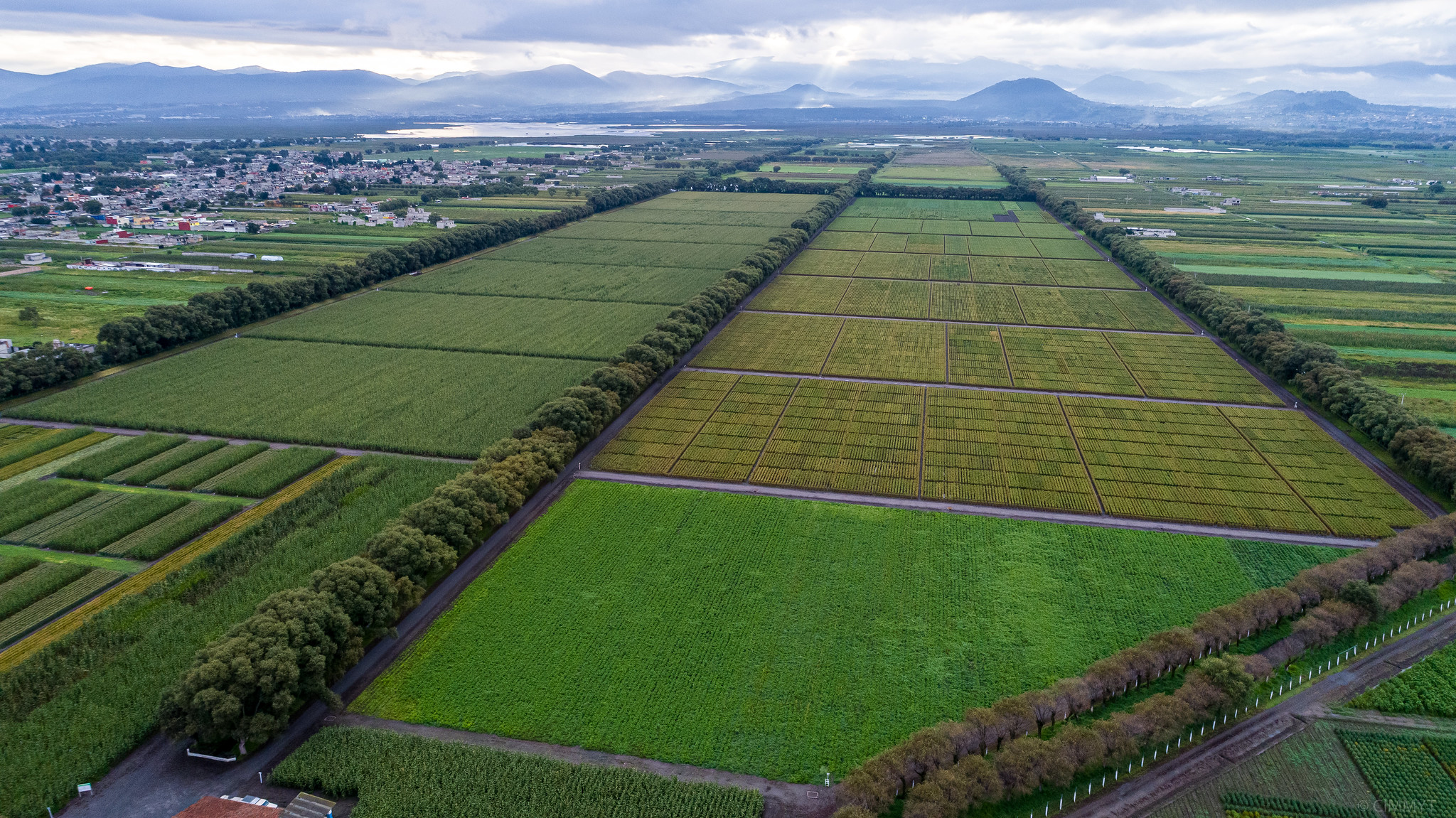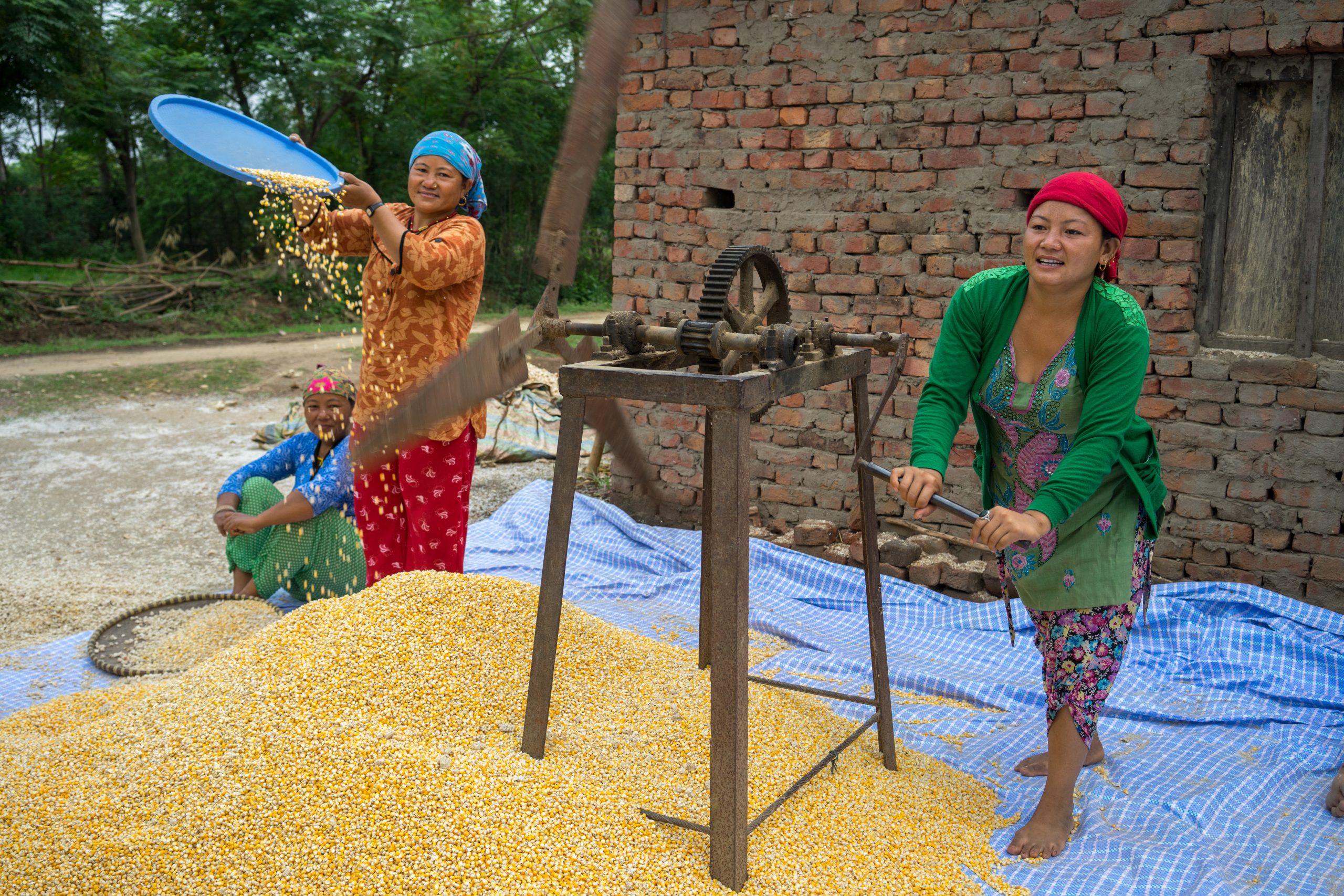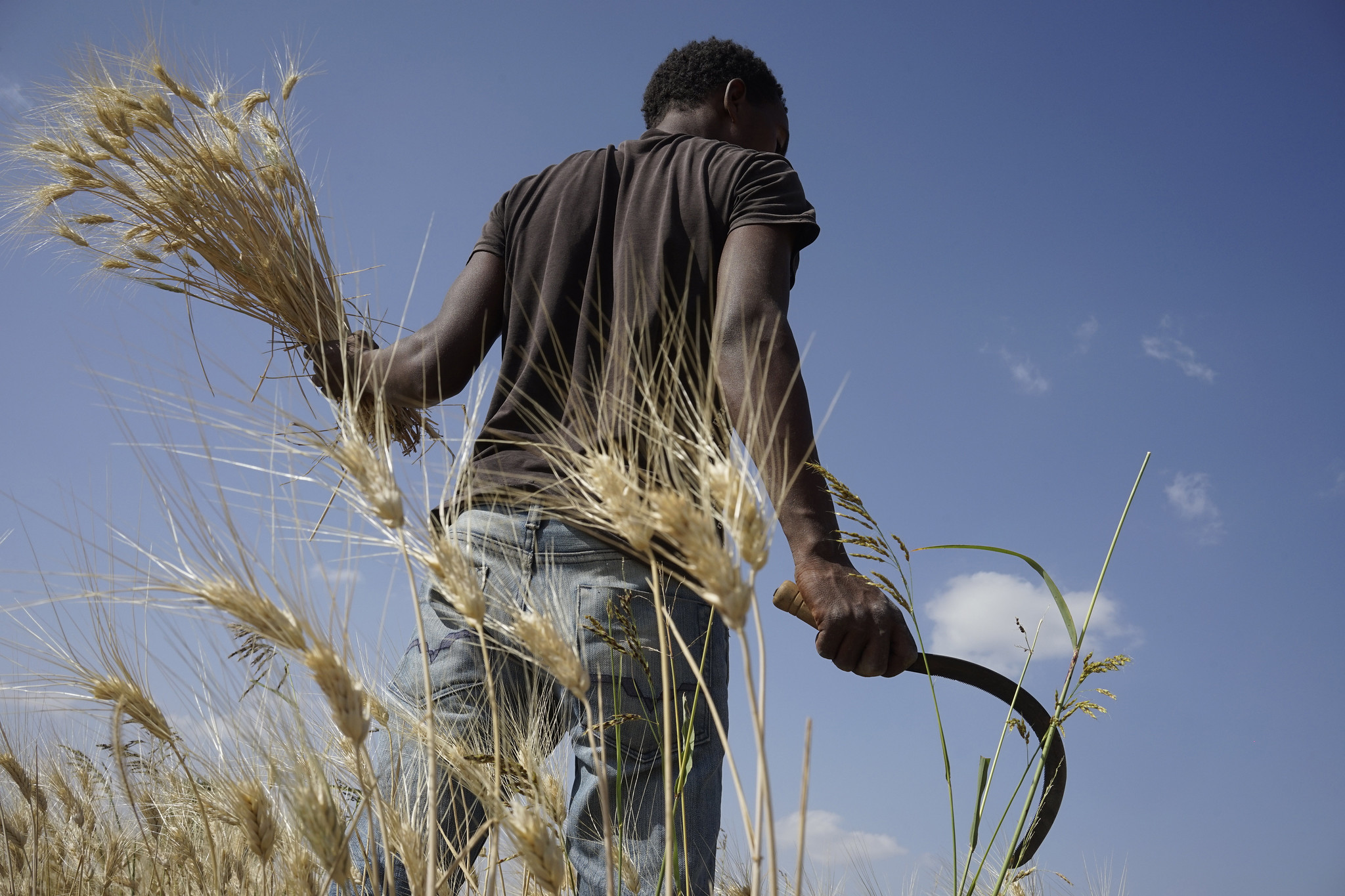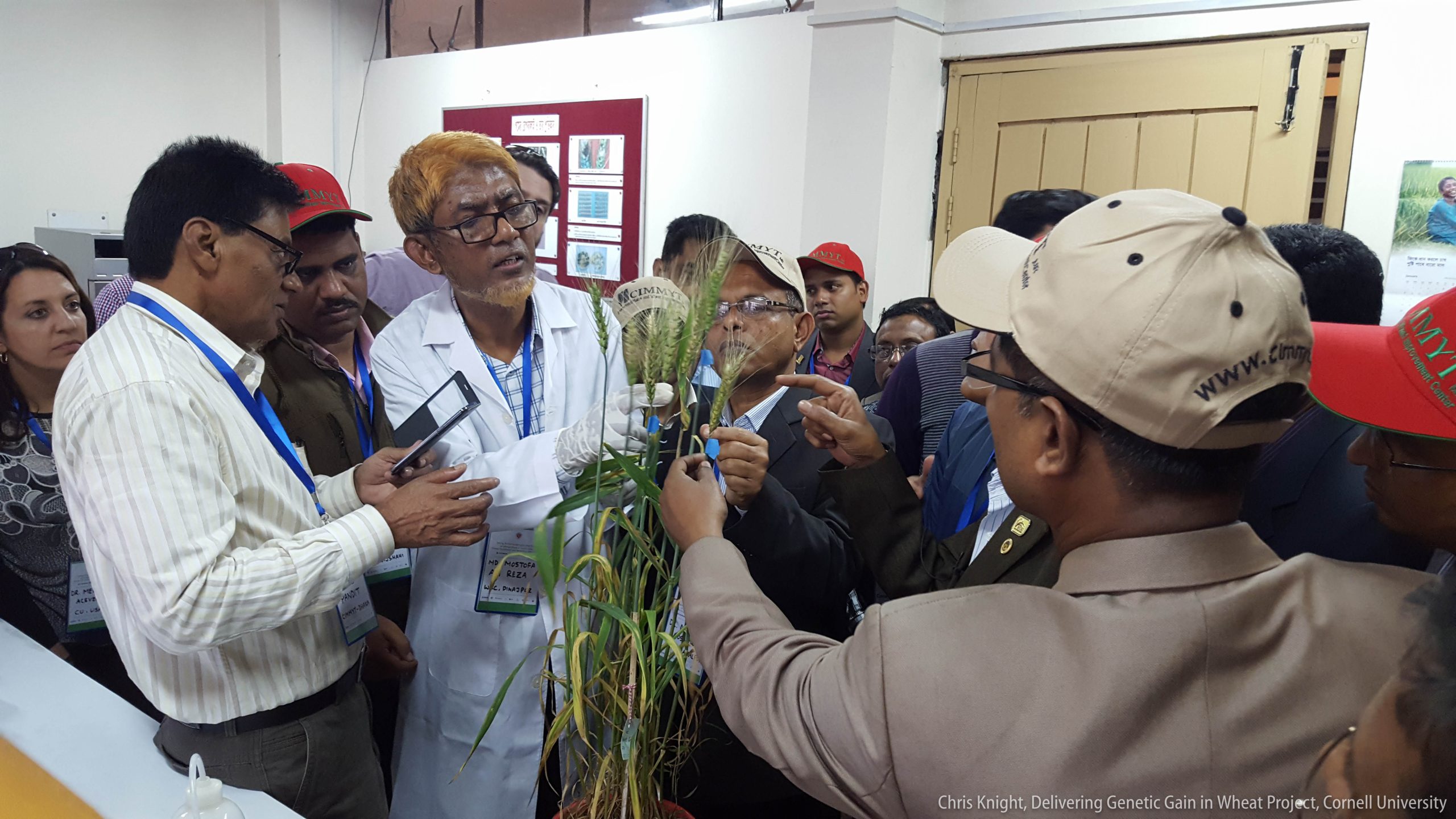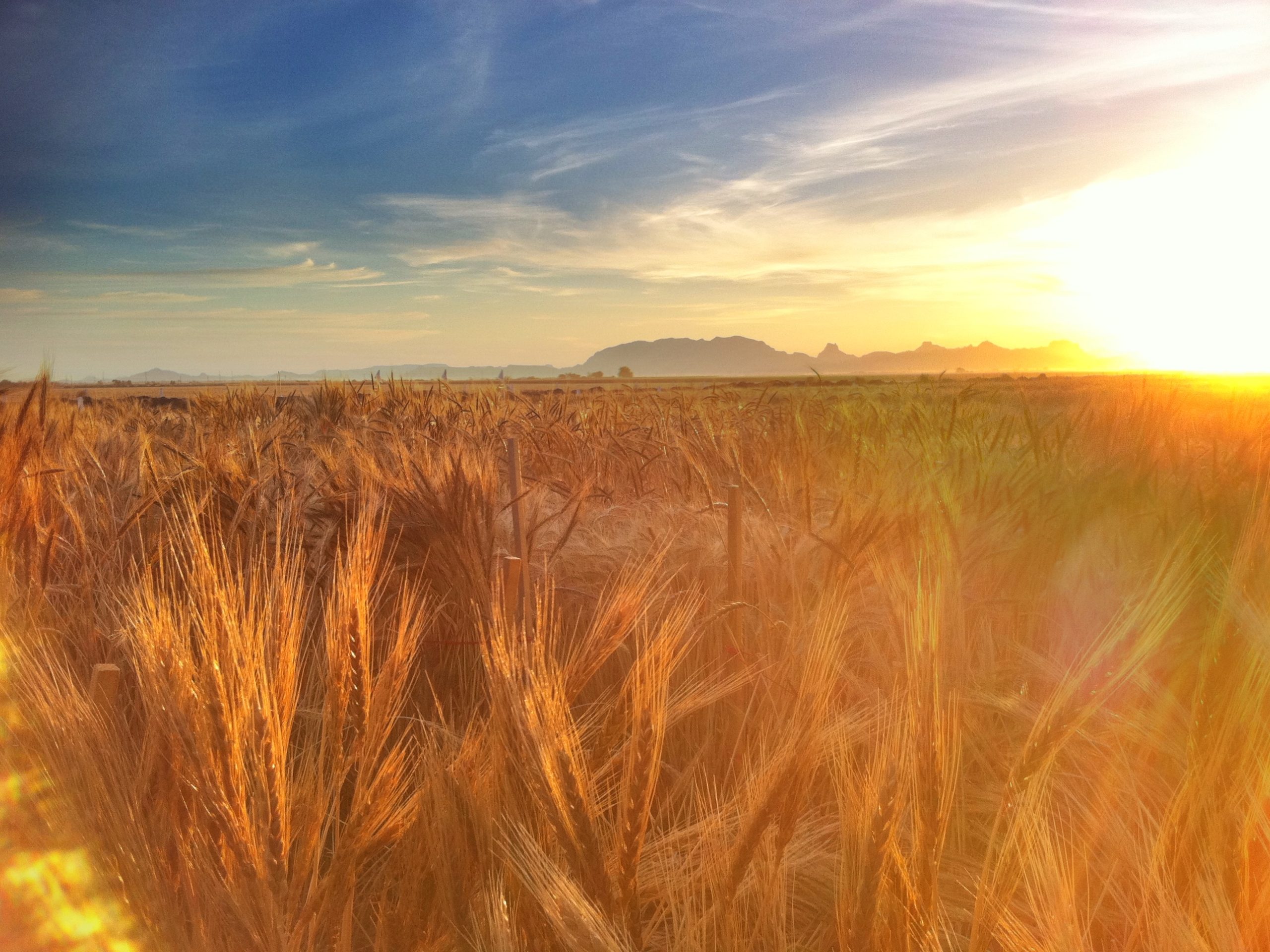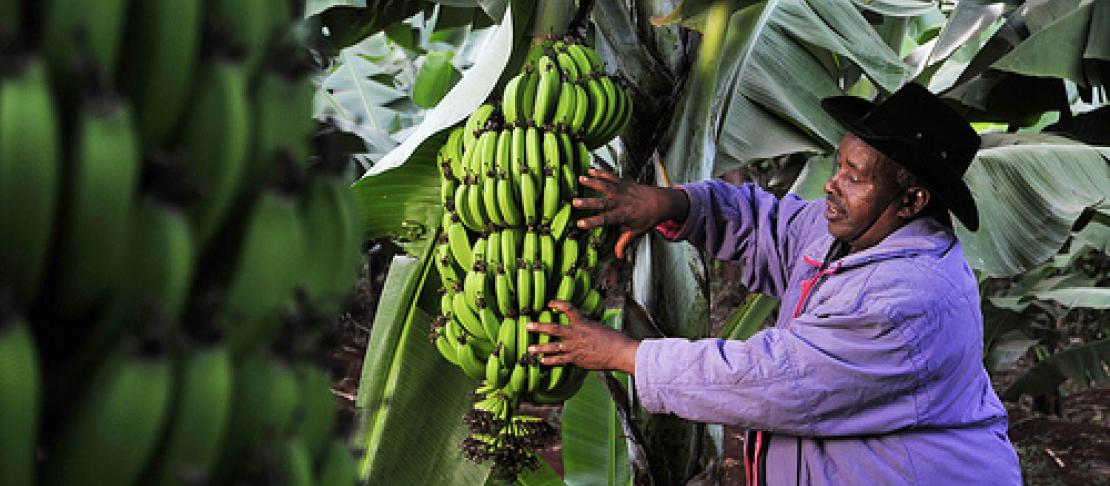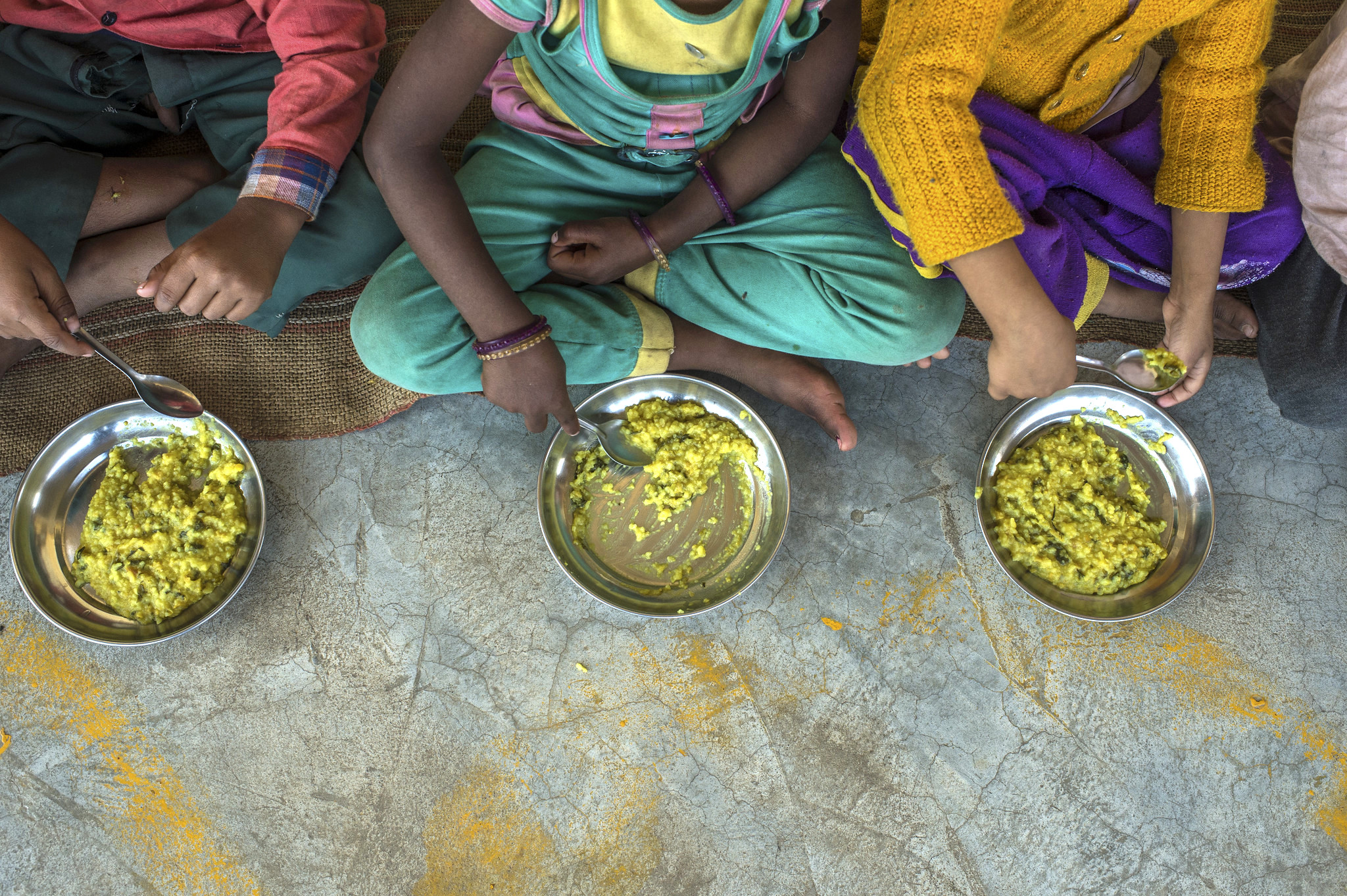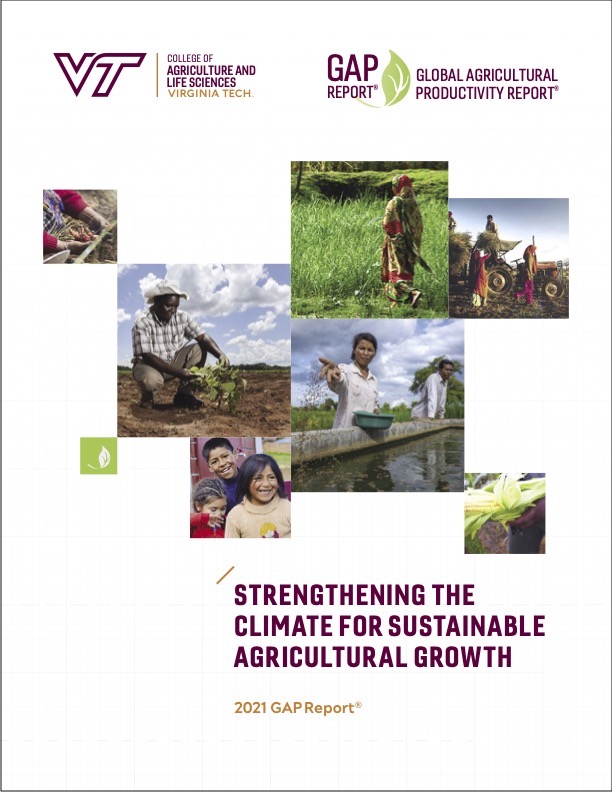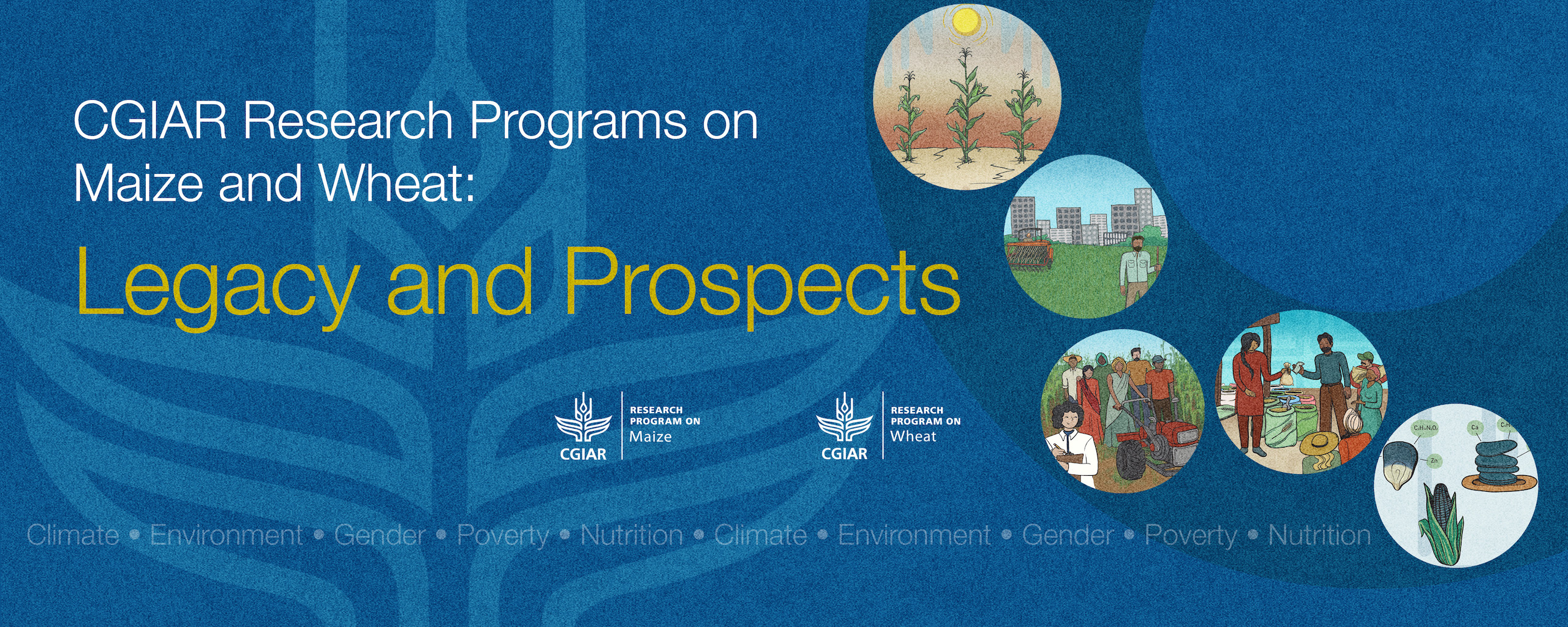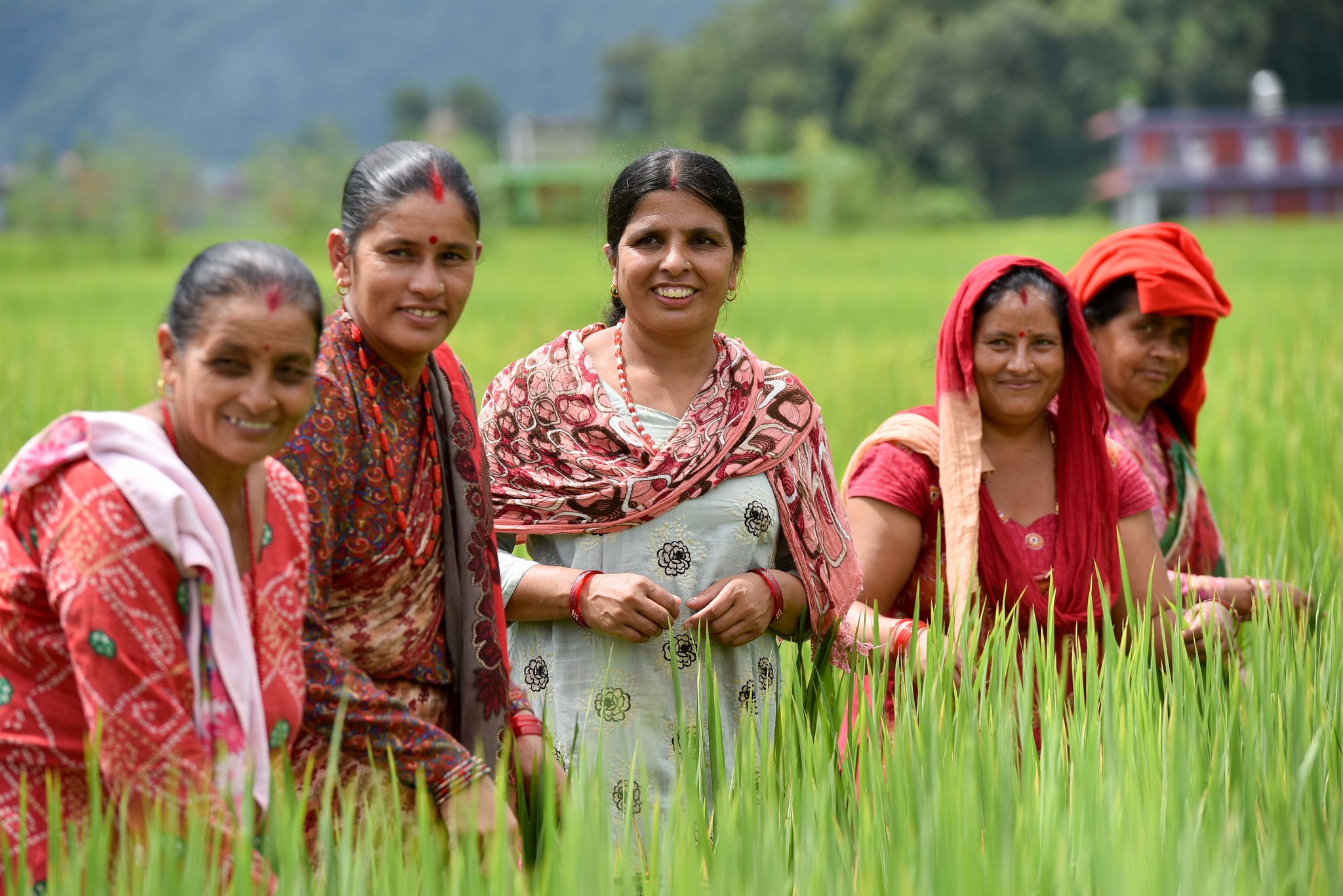Global
Plant breeding innovations
 Climate adaptation and mitigation
Climate adaptation and mitigation
Over millennia, natural selection and humans have systematically adapted the plant species that provide food and other vital products, changing their physical and genetic makeup for enhanced productivity, nutrition and resilience. Plant breeders apply science to continue improving crop varieties, making them more productive and better adapted to climate extremes, insects, drought and diseases.
New direction in research for advancing gender-responsive maize breeding
 Capacity development
Capacity development
Research on gender and maize looks to move beyond trait preferences at seed demand more broadly.
Sieglinde Snapp
 Gender equality, youth and social inclusion
Gender equality, youth and social inclusion
International scientists awarded grants supporting the HeDWIC-FFAR project to boost climate resilience in wheat
 Climate adaptation and mitigation
Climate adaptation and mitigation
Projects will focus on developing new breeding technologies, screening tools and novel traits to improve wheat in the face of heat and drought.
New publications: Genome-wide breeding to curtail wheat blast
 Environmental health and biodiversity
Environmental health and biodiversity
Researchers evaluate the use of genomic selection in wheat breeding against deadly fungal disease.
Climate change slows wheat breeding progress for yield and wide adaptation, new study finds
 Climate adaptation and mitigation
Climate adaptation and mitigation
Increasingly unpredictable weather poses challenges for breeding widely-adapted wheat lines, but stress tolerance breeding is boosting wheat’s hardiness under rising temperatures.
Fruits and vegetables are essential, but there are three reasons why it takes cereals to feed the world
 Climate adaptation and mitigation
Climate adaptation and mitigation
In addition to macronutrients and micronutrients, staple cereals are important sources of bioactive food components.
Agricultural research fights global food shocks
 Nutrition, health and food security
Nutrition, health and food security
Source: Newsweek (30 Dec 2021)
The best protection is actually reducing food system risks by building food system resilience against shocks.
New grafting technique could combat the disease threatening Cavendish bananas
 Innovations
Innovations
Scientists find novel way to combine two species of grass-like plants including banana, rice and wheat, that allows disease resistance and other beneficial characteristics to be added to the plants.
High-yielding staple crops improve health and prosperity in developing countries
 Nutrition, health and food security
Nutrition, health and food security
New research uncovers long-term impacts of Green Revolution era productivity, points out lessons for today.
Creating a better leaf
 Environmental health and biodiversity
Environmental health and biodiversity
Source: The New Yorker (6 Dec 2021)
A new article in the New Yorker praises the cutting-edge technology CIMMYT, CGIAR and other scientists are developing to produce a second Green Revolution that doesn’t repeat the mistakes of the first, putting the experiences and challenges of farmers at the heart of it.
2021 GAP Report endorses CIMMYT’s integrated agri-food systems methodology
 Climate adaptation and mitigation
Climate adaptation and mitigation
CIMMYT’s programs in Colombia and Mexico showcased as examples of successful public–private partnerships for sustainable agriculture, economic growth and improved nutrition.
A decade of world-leading maize and wheat research
 Capacity development
Capacity development
Legacy websites and photo exhibition mark the closing of the CGIAR Research Programs on Maize and Wheat, and their impact on sustainable agricultural development.
From diagnosis to action on social equity
 Gender equality, youth and social inclusion
Gender equality, youth and social inclusion
Building on impact of GENNOVATE, scientists recommend integrating gender-transformative research and methodologies into the new CGIAR Initiatives.
Science, technology and farmers, the three pillars of CIMMYT at COP26
 Climate adaptation and mitigation
Climate adaptation and mitigation
At global climate summit, CIMMYT scientists share adaptation and mitigation solutions for farmers, and call for increased funding for agricultural research.
